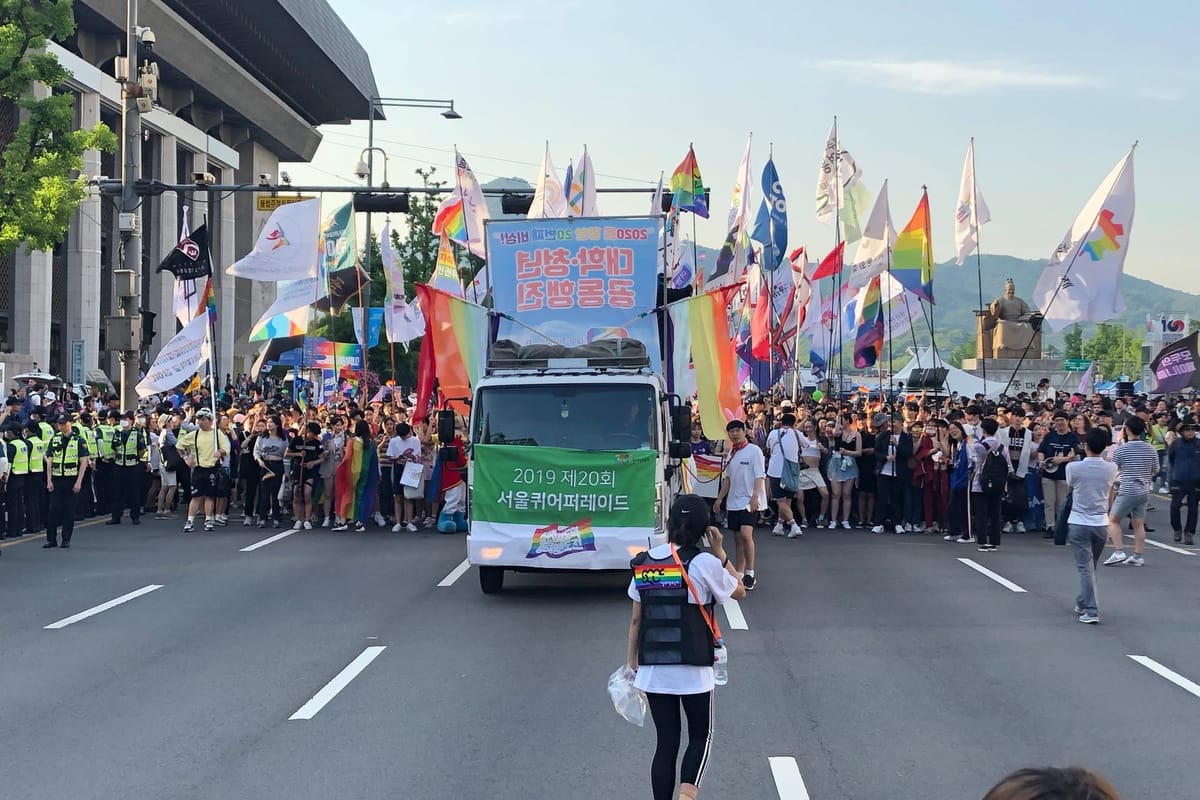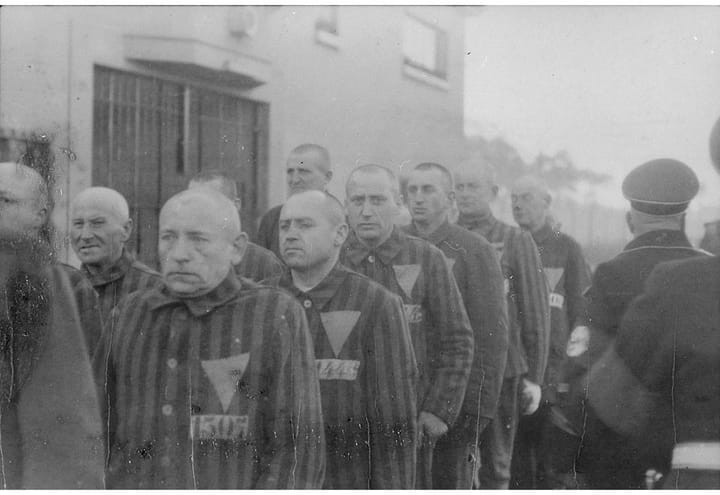South Korea to count same-sex couples in Census for first time but many barriers remain

In a “historic decision,” South Korea will, for the first time, officially count same-sex couples in its national census. The Ministry of Data and Statistics has updated its digital registration system for the 2025 Population and Housing Census to allow same-gender household members to identify each other as “spouse” or “cohabiting partner” - a change that marks a positive step toward visibility and recognition for the country’s LGBTQ+ community.
Previously, same-sex couples attempting to select “spouse” were met with error messages, forcing them to categorise themselves as “other cohabitants,” effectively erasing their relationships from official statistics. While South Korea does not legally recognise same-sex marriages or civil partnerships, this census update offers a rare form of official acknowledgement.
The change was confirmed on 21 October and coincides with the 100th anniversary of Korea’s first national count. The census, conducted every five years, surveys 20% of households and informs key government policies on welfare, housing, and social services.
Rainbow Action Korea, a coalition of 49 LGBTQ+ organisations, welcomed the update, stating it marks “the first time that the presence of LGBTQ+ citizens has been properly recorded in national statistics.” However, the group criticised the government for failing to adequately publicise the change, which could limit participation. They also called for future surveys to include voluntary questions on sexual orientation and gender identity to better reflect the broader LGBTQ+ population.
The progressive Justice Party also praised the move, expressing hope that it would pave the way for inclusive policies, including the legalisation of same-sex marriage. “The path has finally opened for same-sex couples to be reflected in policy,” the party said, adding that it envisions a future where trans individuals are also counted in national statistics.
Despite this progress, challenges remain. A 2025 Ipsos poll revealed that 51% of South Koreans oppose public displays of affection between LGBTQ+ individuals, and 31% are against them being open about their identities. Legal protections are limited, with same-sex couples barred from adoption and military service, and no national hate crime legislation in place.
Nonetheless, the inclusion of same-sex couples in the census is seen as a meaningful step toward broader societal recognition. As Rainbow Action Korea noted, “The nature and meaning of family in Korean society has already changed significantly and is still rapidly evolving.”





Comments ()